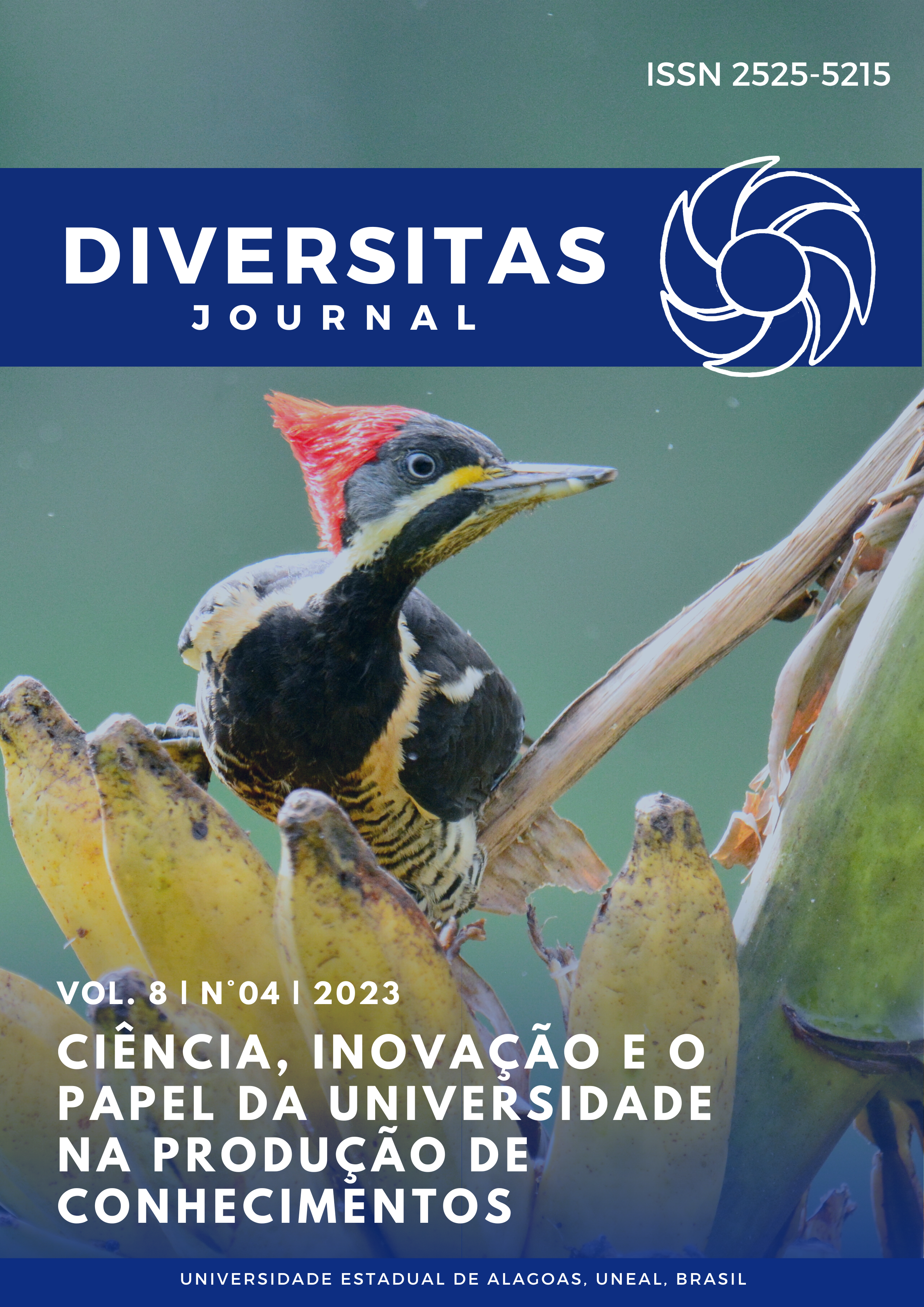School Leaders’ Crisis Leadership Competencies and their Pandemic Response Strategies
The Case of DEPED Division of Northern Sumar
DOI:
https://doi.org/10.48017/dj.v8i4.2691Keywords:
meta-leadership model, sequential-explanatory, crisis leadership competency, pandemic, response strategyAbstract
Based on the Meta-Leadership Model of Marcus et al. (2007), as cited by Saltz (2017), this research documented and assessed the crisis leadership competencies and pandemic response strategies of school leaders in the DepEd Division of Northern Samar. Utilizing a sequential exploratory approach, qualitative and quantitative designs were adopted. Thus, in the qualitative component, eight (8) school leaders participated in face-to-face interview sessions, wherein the emerging themes from their responses highlighted the concept that meta-leaders have a higher effect than their real authority because they exert a strong influence on their followers, aiding them in overcoming obstacles and seizing opportunities. They understood the nature and significance of the situation, and in order to keep a diverse group of people on track, they weaved together key themes that highlighted the organization's core purpose and ambitions. In the qualitative aspect, the broader population of 130 respondents answered a questionnaire about school leaders' crisis leadership competencies, which revealed the following results: "Very High" on Team Leadership (AWM =3.25); "High" on Situational Awareness and Integrative Thinking (AWM =3.18); and "High" on Decisiveness and Emotional Effectiveness (AWM =3.24). In addition, respondents completed a questionnaire regarding the extent of the school leader's pandemic response strategies, which revealed the following findings: Promoting Organizational Resilience, "Large Extent" (AWM =3.24); Acting with Integrity, "Very Large Extent" (AWM =3.29); and Exhibiting Learning Orientation, "Large Extent" (AWM =2.96). based on the results, the researcher contends that when establishing a crisis management plan for a successful pandemic response strategy, school leaders must prioritize the following elements: communication, high productivity, technology use, and accessibility. On the basis of these factors, the current researcher proposes the following three focus areas for the crisis management plan: (1) establishing guidelines or policies for remote work for faculty and staff; (2) embracing remote work for department heads, master teachers, and focal persons; and (3) developing inclusive and collaborative virtual meetings. The researcher also suggests that school administrators think about adopting the recommended crisis management plan to make sure that all important aspects of the school system are taken care of.Metrics
References
Ahearne, M., Lam, S.K., Mathieu, J.E., Bolander, W. (2018). Why are some salespeople better at adapting to organizational change? Journal of Marketing, 74, 65–79.
Ansell, C., Sørensen, E., & Torfing, J. (2021). The COVID-19 pandemic as a game changer for public administration and leadership? The need for robust governance responses to turbulent problems. Public Management Review, 23(7), 949-960.
Barrot, J. S., Llenares, I. I., & Del Rosario, L. S. (2021). Students’ online learning challenges during the pandemic and how they cope with them: The case of the Philippines. Education and information technologies, 26(6), 7321-7338.
Brassey, J. & Kruyt, M. (2020). How to demonstrate calm and optimism in a crisis. People & Organizational Performance. https://www.mckinsey.com/business-functions/people-and-organizationalperformance/our-insights/how-to-demonstrate-calm-and-optimism-in-a-crisis.
Benítez-Andrades, J. A., Fernández-Villa, T., Benavides, C., Gayubo-Serrenes, A., Martín, V., & Marqués-Sánchez, P. (2021). A case study of university student networks and the COVID-19 pandemic using a social network analysis approach in halls of residence. Scientific Reports, 11(1), 14877.
Brion, C. (2021). Culture: The link to learning transfer. Adult Learning. DOI: 10451595211007926.
Denyer, D. (2017). Organizational resilience: A summary of academic evidence, business insights and new thinking. BSI and Cranfield School of Management.
Gabler, E. (2020). States say some doctors stockpile trial coronavirus drugs, for themselves. The New York Times. https://www.nytimes.com/2020/03/24/business/doctors-buying-coronavirus-drugs.html.
Grant, V. (2020). The 4 key qualities of authentic school leaders. Coaching and Leadership Development. https://www.integritycoaching.co.uk/blog/authentic-school-leaders.
Hartmann, S., Weiss, M., Newman, A., & Hoegl, M. (2020). Resilience in the workplace: A multilevel review and synthesis. Applied Psychology, 69(3), 913–959.
Hartwig, A., Clarke, S., Johnson, S., & Willis, S. (2020). Workplace team resilience: A systematic review and conceptual development. Organizational Psychology Review, 10(3–4), 169–200.
Huck, C., & Zhang, J. (2021). Effects of the COVID-19 Pandemic on K-12 Education: A Systematic Literature Review. New Waves-Educational Research and Development Journal, 24(1), 53-84.
Perrow, C. (2017). Normal accidents: Living with high risk technologies. New York, Basic Books, Inc.
Swaner, L., Dodds, C. & Lee, M.H. (2021). Leadership for flourishing schools. Colorado Springs, CO: ACSI.
Sum, N. (2022). School leaders' perceptions of their roles during the pandemic: an Australian case study exploring volatility, uncertainty, complexity and ambiguity (VUCA leadership). School Leadership & Management, 42(2), 188-207.
Vandewalle, D., Nerstad, C.G.L., & Dysvik, A. (2019). Goal orientation: A review of the miles traveled and the miles to go. Annual Review of Organizational Psychology and Organizational Behavior, 6, 115-121.
Wildavsky, A. 2018). Searching for safety. New Brunswick, NJ, Transaction Press.
Youssef, C.M., Luthans, F. & Youssef, C.M. (2017). Emerging positive organizational behavior. Journal of Management, 33(3), 321-349.
Downloads
Published
How to Cite
Issue
Section
License
Copyright (c) 2023 Vicky Catubig

This work is licensed under a Creative Commons Attribution 4.0 International License.
The Diversitas Journal expresses that the articles are the sole responsibility of the Authors, who are familiar with Brazilian and international legislation.
Articles are peer-reviewed and care should be taken to warn of the possible incidence of plagiarism. However, plagiarism is an indisputable action by the authors.
The violation of copyright is a crime, provided for in article 184 of the Brazilian Penal Code: “Art. 184 Violating copyright and related rights: Penalty - detention, from 3 (three) months to 1 (one) year, or fine. § 1 If the violation consists of total or partial reproduction, for the purpose of direct or indirect profit, by any means or process, of intellectual work, interpretation, performance or phonogram, without the express authorization of the author, the performer, the producer , as the case may be, or whoever represents them: Penalty - imprisonment, from 2 (two) to 4 (four) years, and a fine. ”


















